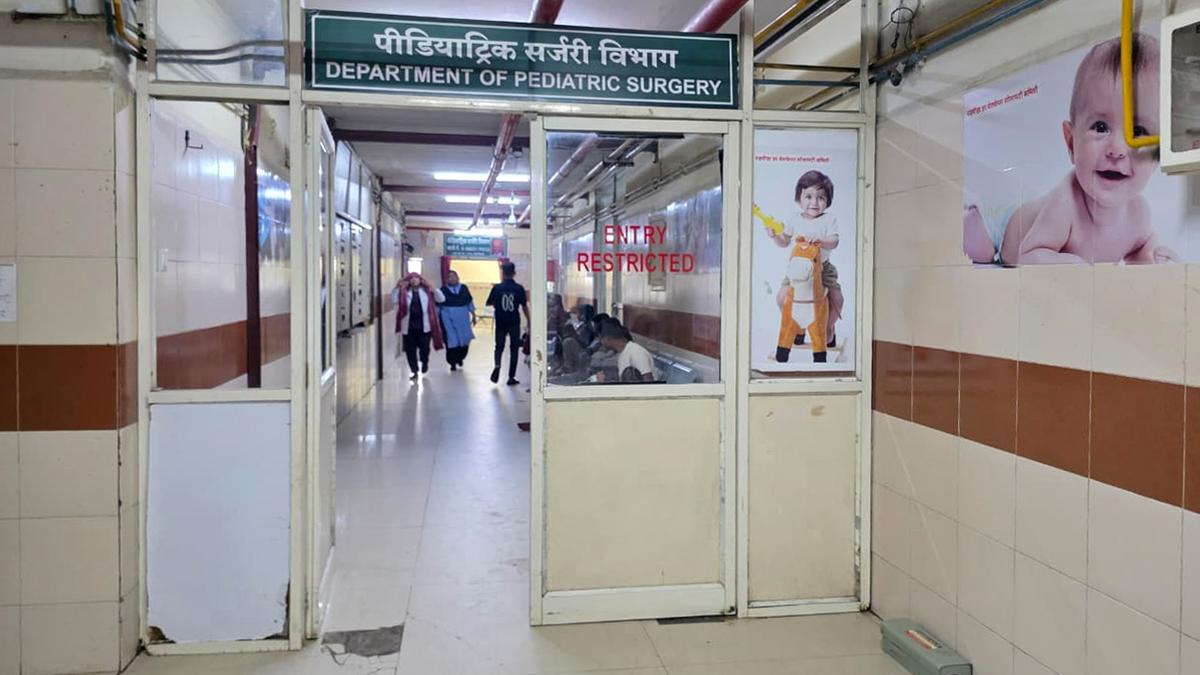
As the federal government nears a shutdown ahead of a midnight deadline, Democrats and Republicans remain deeply divided.
Republicans are insisting on a straightforward extension of existing funding. Democrats are demanding an extension of subsidies for the Affordable Care Act and a rollback of health care cuts, misusing budget jargon to deem the Republican budget proposal “dirty.”
Representative Hakeem Jeffries of New York, the House minority leader, argued in an interview on CNBC on Tuesday morning that the Republican proposal was not “clean” because it continued funding levels enacted in March, which passed with virtually no Democratic support in the House.
Earlier in September, Republicans in the House passed what is known as a continuing resolution, or a temporary funding bill, that would simply extend federal funding through Nov. 21. It also includes $88 million in funding for security for congressional lawmakers, the Supreme Court and executive branch personnel after the killing of the conservative personality Charlie Kirk. Because it is relatively free of major policy or funding changes, stakeholder groups like the National Association of Counties have characterized this bill as a “clean C.R.”
“The House C.R. is just about as clean of a C.R. as you could get. They really did seem to not want to rock the boat with it,” said Chris Towner, the policy director of the nonpartisan budget hawk group, the Center for a Responsible Federal Budget.
Congress has passed an average of 4.8 continuing resolutions every fiscal year since 1998, according to the nonpartisan Congressional Budget Office, and most contain “anomalies,” or provisions that make changes to existing funding language. These can include extending funding for a program beyond the overall funding deadline, designating additional amounts of money for a specific program, or prohibiting certain uses of funding. Some of these changes can be technical, relatively minor or apolitical, like the increased security funding in the Republicans’ budget proposal. So these bills are typically considered “clean.”
But other continuing resolutions are more politically motivated or cause significant changes in policy. For example, one passed in 1984 contained an entire bill that made sweeping changes to federal criminal law. The current Republican budget proposal contains no such modifications. Mr. Towner said that most continuing resolutions that contain large funding or policy changes are enacted with bipartisan support. For example, a continuing resolution in the 2023 fiscal year included billions of dollars funding for Ukraine’s defense.
Congress last passed a continuing resolution in March that contained more changes to spending, including a $6 billion increase for the military and a $13 billion cut to nondefense spending. Because of the scale of these modifications, claims that the Republican’s March proposal was not “clean” had more merit.
Mr. Jeffries’s office also argued that because the Trump administration has repeatedly revoked funding for an array of congressionally approved programs, the past understanding of “clean” no longer applied.
Under the Biden administration, Congress passed several “clean” continuing resolutions, according to the earlier understanding of the term, with Republican support. But Republicans also attempted, and failed, to use the budget resolutions to advance their own political aims. For example, in September 2024, Speaker Mike Johnson tried to pair the spending bill with legislation requiring people to prove their U.S. citizenship when they register to vote. A bipartisan majority rejected that plan before approving a “clean” spending proposal.



